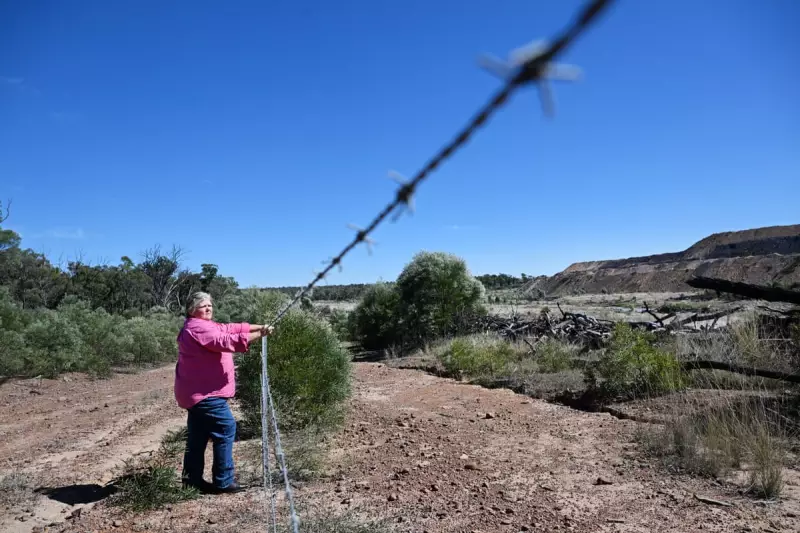
Queensland faces an environmental and financial time bomb as concerns mount over who will ultimately pay for the rehabilitation of abandoned mining sites across the state's precious agricultural heartland.
The Guardian's investigation has uncovered growing fears that taxpayers could be left holding a billion-dollar bill as mining companies exploit legal loopholes and financial assurances that fall dramatically short of actual cleanup costs.
The Growing Chasm Between Promise and Reality
Current regulations require mining operators to provide financial assurances to cover rehabilitation expenses. However, experts warn these provisions are woefully inadequate, creating a dangerous gap between theoretical protections and practical reality.
Environmental economists estimate the true cost of rehabilitating Queensland's mining sites could reach billions—far exceeding the bonds currently held by authorities.
Agricultural Land Under Threat
The crisis particularly threatens prime farming land, where mining operations have left behind contaminated soil, damaged water tables, and landscapes incapable of supporting agriculture.
Local farmers express mounting frustration, watching viable land become industrial wastelands with no clear plan or funding for restoration.
Legal Loopholes and Corporate Manoeuvring
The investigation reveals how mining companies utilise complex corporate structures to avoid responsibility. Subsidiaries are often established with limited assets, effectively insulating parent companies from rehabilitation obligations when operations cease.
This corporate shell game leaves regulatory authorities chasing empty entities for cleanup costs that never materialise.
Government Response Under Scrutiny
Queensland authorities face increasing pressure to strengthen regulations and ensure mining companies fulfil their environmental responsibilities. Proposed reforms include:
- Increased financial assurance requirements
- Regular independent assessments of rehabilitation costs
- Stronger enforcement mechanisms
- Transparent public reporting on mine rehabilitation progress
However, progress remains slow, hampered by industry lobbying and concerns about economic impacts.
The Taxpayer Time Bomb
Without urgent reform, Queenslanders face the prospect of inheriting thousands of hectares of degraded land requiring massive public investment to make safe and productive again.
The situation represents not just an environmental failure but a fundamental intergenerational injustice, with future generations forced to pay for today's resource extraction.
As the debate intensifies, all eyes remain on whether Queensland's government will act decisively to protect both the environment and public purse from this mounting crisis.





